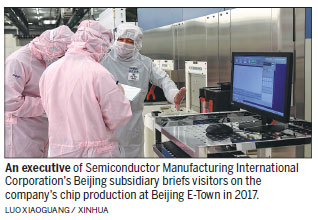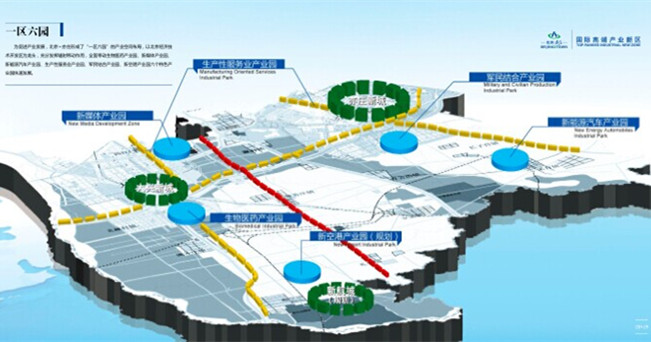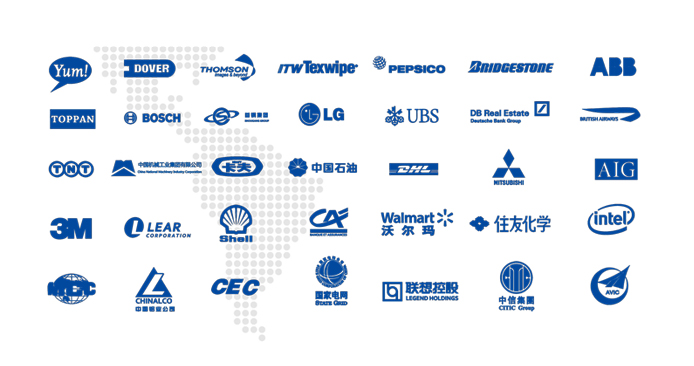E-Town punches above its weight for industrial value
( China Daily )
The Beijing Economic-Technological Development Area in a southern suburb of the city, also known as Beijing E-Town, contributed 20 percent to the industrial added value of the city in 2017, although it only occupies 0.35 percent of the capital's total area.
In the past four years, Beijing has worked on developing industries with advanced technologies and proprietary patents that are internationally competitive and able to boost long-term and speedy development.
Beijing E-Town has become a focus of this campaign. To ensure that its land is used for high-tech industries, Beijing E-Town keeps a close watch on local businesses' operations.
Sanyo Energy (Beijing) Co Ltd, once a major producer of lithium ion batteries worldwide, closed down in the area in 2014. It laid off workers and left its factory abandoned for years.
The company planned to sell the land to a property developer for more than 100 million yuan ($15.8 million), however, Liu Li, director of the area's development and reform bureau, was concerned about the plan.
As part of the local government's favorable policies, companies that settled in Beijing E-Town paid a much lower price for land use, so if they were to profit from property deals, the economic zone would end up a cluster of real estate speculators, far away from where the government had originally positioned it.
As a result, it set up a special organization in charge of recycled use of industrial land, which reached a settlement with Sanyo Energy (Beijing) for a reasonable withdrawal price.
The government has formulated a grey list for such companies that have already closed, changed the land use without authorization, or turned out to be low profit earners with high energy consumption.
The organization helps companies to adjust, transform or move out in a bid to make sure high-tech businesses can make full use of the land resources.
Beijing ZHZ Technology Co Ltd, a 5-year-old unmanned aerial vehicle producer, is one of the companies that has benefited from the government policy.
The company won a bid against about 10 competitors to secure the land, which was previously used by a branch of Knowles Electronics, a microphone producer, which failed due to losses, according to Wang Yanwei, director of the area's investment promotion bureau.
"Though it is small at present, the company has leading-edge technologies, has developed heavy UAVs and has conducted many military research programs, which show its great value," Wang told Beijing Daily.
ZHZ's plants have expanded fourfold to 12,000 square meters and its production facilities will be put into operation this year. The company's output value is expected to reach 1 billion yuan by 2020, far more than its 100 million yuan total in 2016, according to the company.
Beijing E-Town has strict requirements in attracting investment, in which companies' competence in technological innovation is stressed, according to the local government. That is one part of Beijing's move toward industrial upgrading.
The city is transforming from the old industrial system, which covered all aspects of industries, to a new one that can generate high-quality development, in a bid to build itself into a national technological innovation center.
Major industries include information technology, intelligent equipment, new materials, artificial intelligence and healthcare, according to an official plan released by the Beijing government in December.
Xie Liangzhi, founder of Sino Biological Inc, a local biopharmaceutical company, received a brochure from the local government which convinced him to found his own company in the area in 2007.
The brochure listed many rewards for recruiting high-level professionals, ranging from 500,000 yuan to 1 million yuan.
Xie's company made breakthroughs in developing core materials for a vaccine for bird flu in 2013 and medicine for hemophilia in 2014.

(China Daily 03/16/2018 page12)
 The Area with Six Parks
The Area with Six Parks Global Top 500
Global Top 500